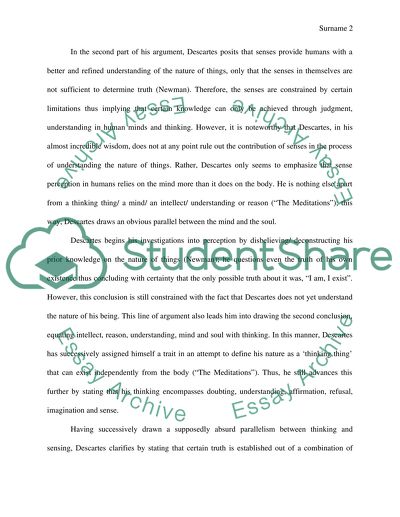Cite this document
(“Descartes holds that we can literally see other people (as opposed to, Essay”, n.d.)
Retrieved from https://studentshare.org/philosophy/1468636-descartes-holds-that-we-can-literally-see-other
Retrieved from https://studentshare.org/philosophy/1468636-descartes-holds-that-we-can-literally-see-other
(Descartes Holds That We Can Literally See Other People (as Opposed To, Essay)
https://studentshare.org/philosophy/1468636-descartes-holds-that-we-can-literally-see-other.
https://studentshare.org/philosophy/1468636-descartes-holds-that-we-can-literally-see-other.
“Descartes Holds That We Can Literally See Other People (as Opposed To, Essay”, n.d. https://studentshare.org/philosophy/1468636-descartes-holds-that-we-can-literally-see-other.


